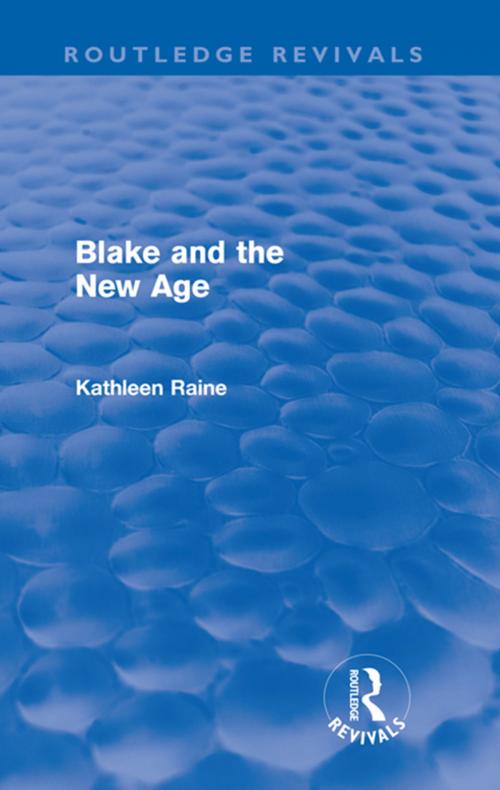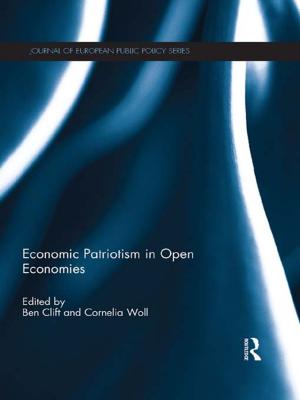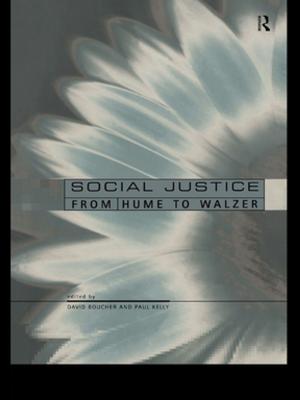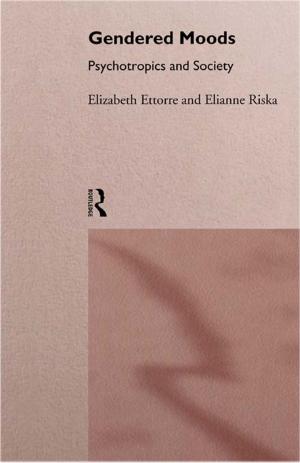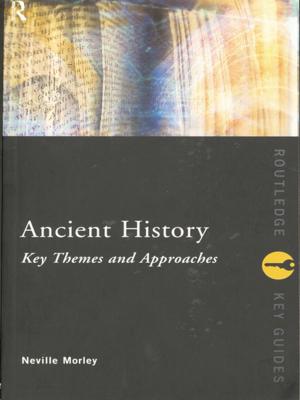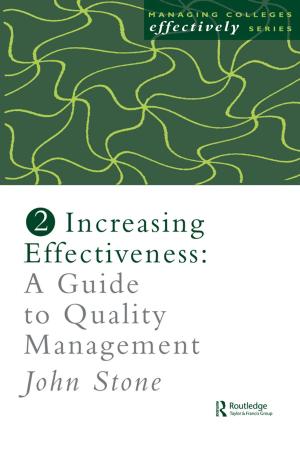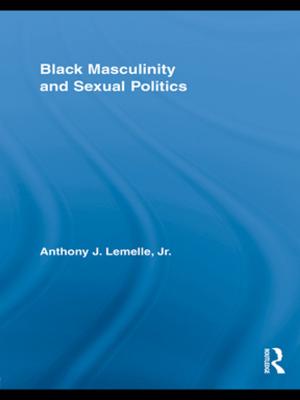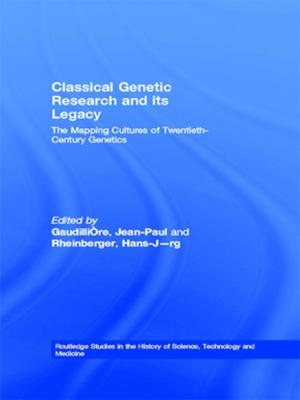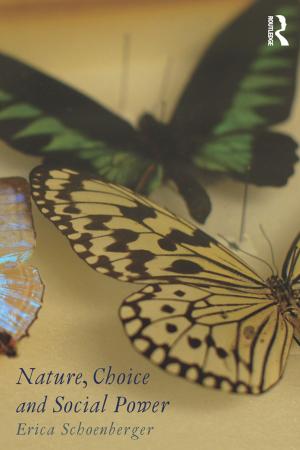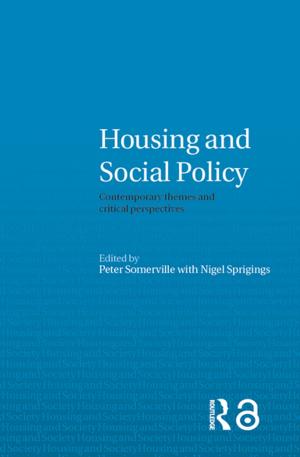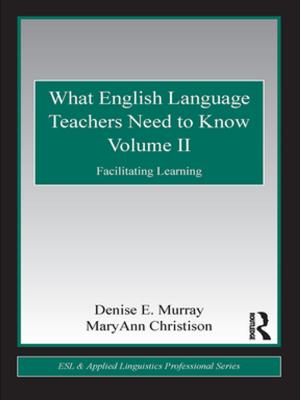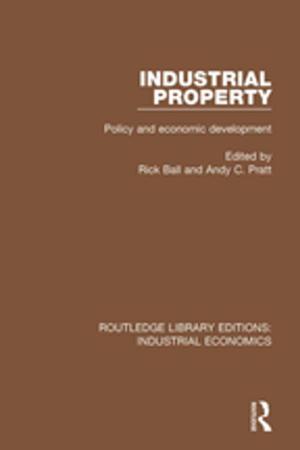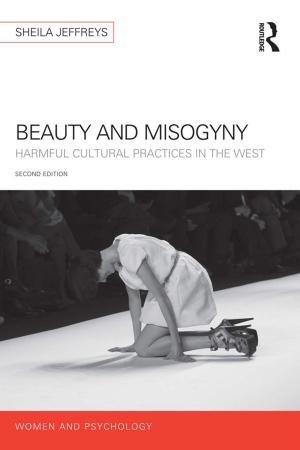Blake and the New Age (Routledge Revivals)
Fiction & Literature, Literary Theory & Criticism, Gothic & Romantic, British| Author: | Kathleen Raine | ISBN: | 9781136663949 |
| Publisher: | Taylor and Francis | Publication: | September 5, 2013 |
| Imprint: | Routledge | Language: | English |
| Author: | Kathleen Raine |
| ISBN: | 9781136663949 |
| Publisher: | Taylor and Francis |
| Publication: | September 5, 2013 |
| Imprint: | Routledge |
| Language: | English |
First published in 1979, this is a very welcome reissue of Kathleen Raine's seminal study of William Blake - England’s only prophet. He challenged with extraordinary vigour the premises which now underline much of Western civilization, hitting hard at the ideas of a naive materialist philosophy which, even in his own day, was already eating at the roots of English national life. In his insistence that ‘mental things are alone real’, Blake was ahead of his time. Materialist views are now challenged from various quarters; the depth psychologies of Freud and Jung, the study of Far Easter religion and philosophy, the reappraisal of myth and folk lore, the wealth of psychical research have all prepared the way for an understanding of Blake’s thought. We are ready to acknowledge that in attacking ‘the sickness of Albion’ Blake penetrated to the inner worlds of man and explored them in a way that is quite unique.
Dr Raine, who has made a long study of Blake’s sources, presents him as a lonely powerful genius who stands within the spiritual tradition of Sophia Perennis, ‘the Everlasting Gospel’. From the standpoint of this great human Norm, our immediate past described by W.B. Yeats as ‘the three provincial centuries’, is a tragic deviation; catastrophic, as Blake believed, in its spiritual and material consequences. Only now do we possess the necessary knowledge to understand William Blake and the ever-growing number of people who turn to him surely justifies his faith in the eternal truths he strove to communicate.
First published in 1979, this is a very welcome reissue of Kathleen Raine's seminal study of William Blake - England’s only prophet. He challenged with extraordinary vigour the premises which now underline much of Western civilization, hitting hard at the ideas of a naive materialist philosophy which, even in his own day, was already eating at the roots of English national life. In his insistence that ‘mental things are alone real’, Blake was ahead of his time. Materialist views are now challenged from various quarters; the depth psychologies of Freud and Jung, the study of Far Easter religion and philosophy, the reappraisal of myth and folk lore, the wealth of psychical research have all prepared the way for an understanding of Blake’s thought. We are ready to acknowledge that in attacking ‘the sickness of Albion’ Blake penetrated to the inner worlds of man and explored them in a way that is quite unique.
Dr Raine, who has made a long study of Blake’s sources, presents him as a lonely powerful genius who stands within the spiritual tradition of Sophia Perennis, ‘the Everlasting Gospel’. From the standpoint of this great human Norm, our immediate past described by W.B. Yeats as ‘the three provincial centuries’, is a tragic deviation; catastrophic, as Blake believed, in its spiritual and material consequences. Only now do we possess the necessary knowledge to understand William Blake and the ever-growing number of people who turn to him surely justifies his faith in the eternal truths he strove to communicate.
